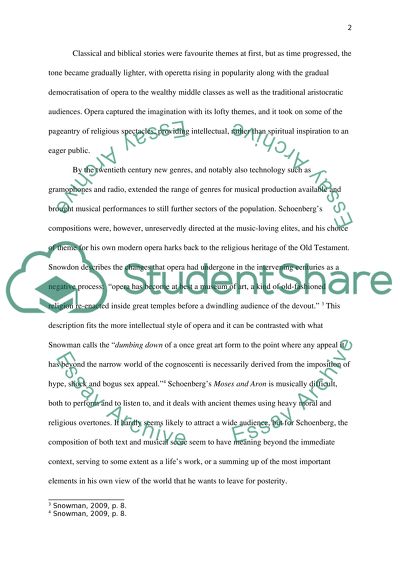Cite this document
(“What is opera (with reference to Moses and Aron by Schoenberg) Essay”, n.d.)
What is opera (with reference to Moses and Aron by Schoenberg) Essay. Retrieved from https://studentshare.org/music/1446611-what-is-opera-and-make-reference-to-the-opera
What is opera (with reference to Moses and Aron by Schoenberg) Essay. Retrieved from https://studentshare.org/music/1446611-what-is-opera-and-make-reference-to-the-opera
(What Is Opera (with Reference to Moses and Aron by Schoenberg) Essay)
What Is Opera (with Reference to Moses and Aron by Schoenberg) Essay. https://studentshare.org/music/1446611-what-is-opera-and-make-reference-to-the-opera.
What Is Opera (with Reference to Moses and Aron by Schoenberg) Essay. https://studentshare.org/music/1446611-what-is-opera-and-make-reference-to-the-opera.
“What Is Opera (with Reference to Moses and Aron by Schoenberg) Essay”, n.d. https://studentshare.org/music/1446611-what-is-opera-and-make-reference-to-the-opera.


